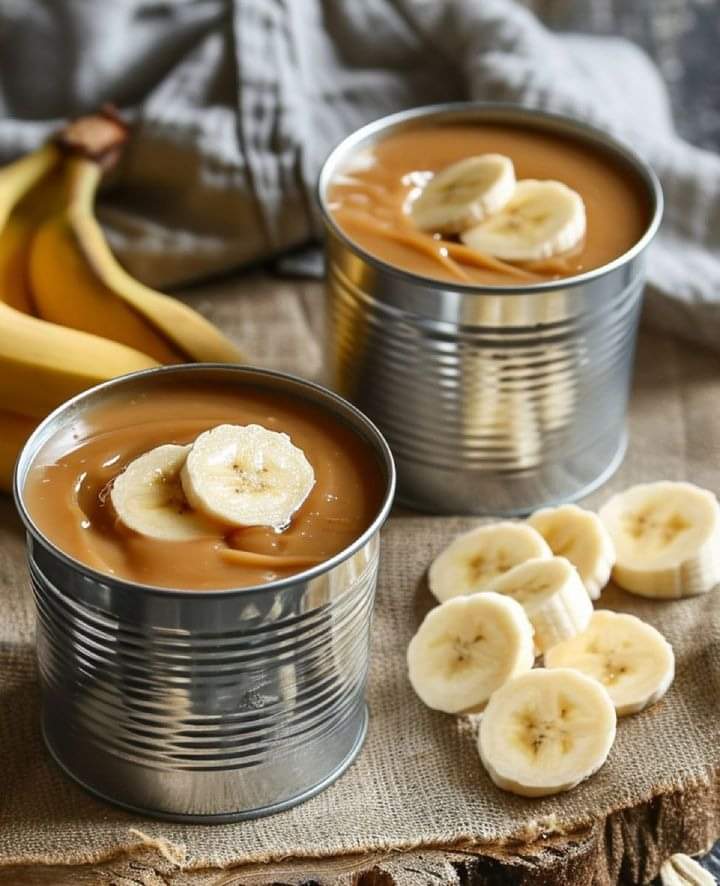Dulce de leche, often referred to as “milk candy” or “milk jam,” is a sweet, luscious, caramel-like spread originating from Latin America. Its rich and creamy texture, along with its intense caramel flavor, has made it a favorite for both desserts and as a standalone treat. It’s made by slowly heating sweetened milk until it caramelizes, transforming into a velvety, golden brown delight.
Origin and Cultural Significance
Dulce de leche has deep roots in Latin American culture, particularly in Argentina, Uruguay, and other South American countries. Its exact origin is debated, with various regions claiming its invention. Nevertheless, it is widely cherished across the continent and beyond. It is often enjoyed with toast, spread on pastries, or incorporated into cakes and cookies. Dulce de leche symbolizes comfort and indulgence, and it’s a beloved tradition to make it at home or share it as a gift during holidays and celebrations.
INGREDIENTS
1 liter (4 cups) of whole milk
1 ¼ cups sugar
1/4 teaspoon baking soda
1 vanilla bean (split open) or 1 teaspoon vanilla extract
Optional Additions
Pinch of salt for a savory touch
Cinnamon stick or star anise for a hint of spice
Coconut flakes or rum for a tropical twist
Tips for Success
Use a heavy-bottomed pot: This helps evenly distribute heat, reducing the risk of burning.
Constant stirring is essential: Especially towards the end of the process, when the mixture thickens.
Watch the heat: Keep the temperature low and steady to avoid scorching the milk.
Patience is key: Dulce de leche takes time, but the result is worth the wait.
Adjust the consistency: If you prefer a thinner texture, cook for a shorter time. For a thicker version, cook longer.
INSTRUCTIONS
Prepare the milk mixture: In a large, heavy-bottomed saucepan, combine the milk, sugar, baking soda, and vanilla bean (if using extract, add it at the end). Stir to dissolve the sugar.
Heat the mixture: Bring the milk to a simmer over medium heat, stirring occasionally. Once it reaches a simmer, reduce the heat to low.
Cook the mixture: Let it cook uncovered, stirring frequently, especially as it thickens and darkens in color. This process can take 1 ½ to 2 hours.
Stir constantly towards the end: When the mixture has reduced and thickened to a caramel-like consistency, remove the vanilla bean and any other flavorings.
Cool down: Once the desired consistency is reached, remove from heat and let it cool. The dulce de leche will thicken further as it cools.
Store: Transfer to an airtight container and store in the refrigerator for up to 2 weeks.
Description
Dulce de leche is characterized by its rich, golden-brown color and smooth, creamy texture. Its flavor is intensely sweet with deep caramel notes, balanced by the slight hint of vanilla. The spread is thick yet spreadable, making it perfect for drizzling over pancakes, adding to ice cream, or simply enjoying by the spoonful.
Nutritional Information (Per Tablespoon Serving)
Calories: 60-80
Fat: 1-2g
Carbohydrates: 10-15g
Sugar: 10g
Protein: 1g
Fiber: 0g
Note: Nutritional values may vary depending on specific ingredients and optional additions.
Conclusion and Recommendation
Dulce de leche is a decadent treat that’s as versatile as it is delicious. Whether spread on toast, incorporated into baking, or eaten straight from the jar, it’s a sweet indulgence that never disappoints. While it requires time and patience to make, the result is well worth the effort, and homemade dulce de leche has a flavor and freshness that store-bought versions can’t match.
Embracing Healthful Indulgence
Though dulce de leche is inherently sweet and rich, it can still be enjoyed as part of a balanced diet. For a more health-conscious twist, use lower sugar alternatives or incorporate it in moderation as a topping for fresh fruits like bananas or apples. The key is to savor it mindfully and appreciate the
indulgence without overindulgence.
